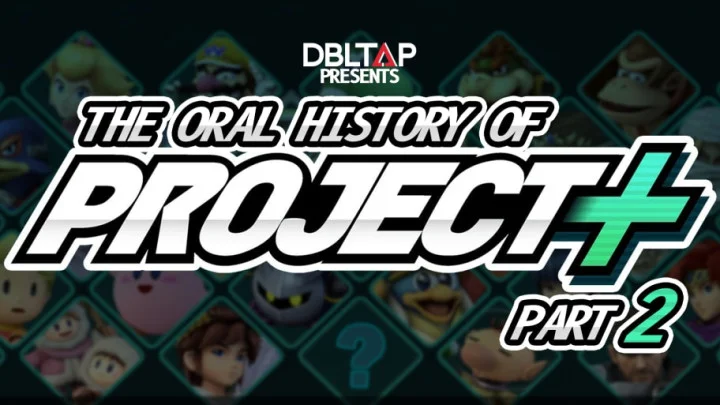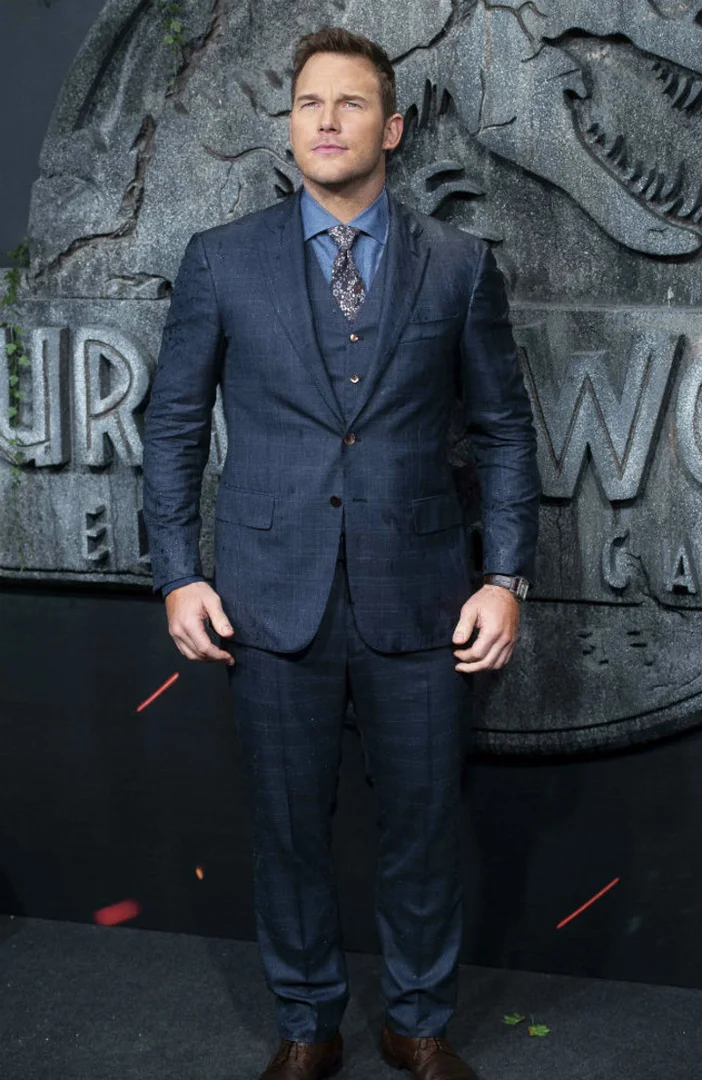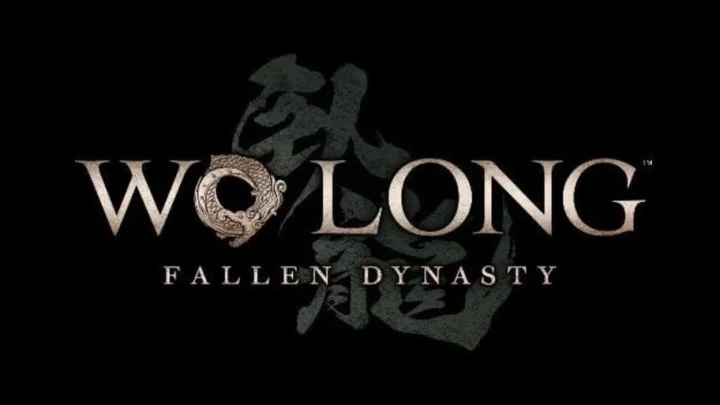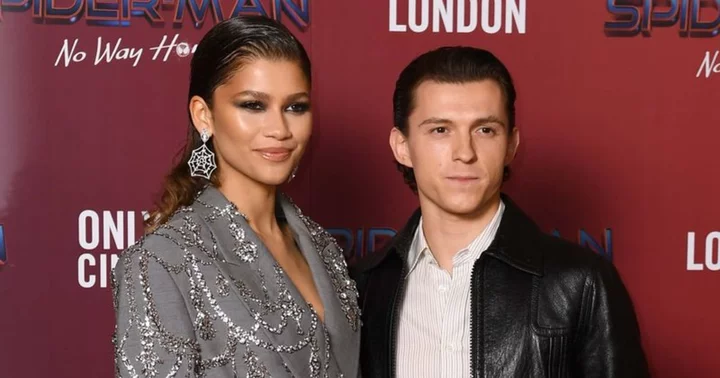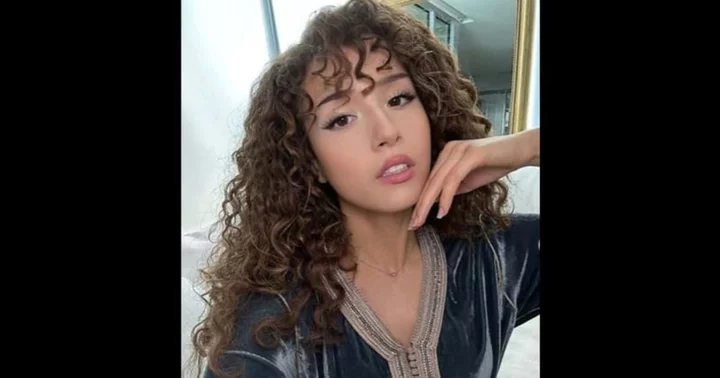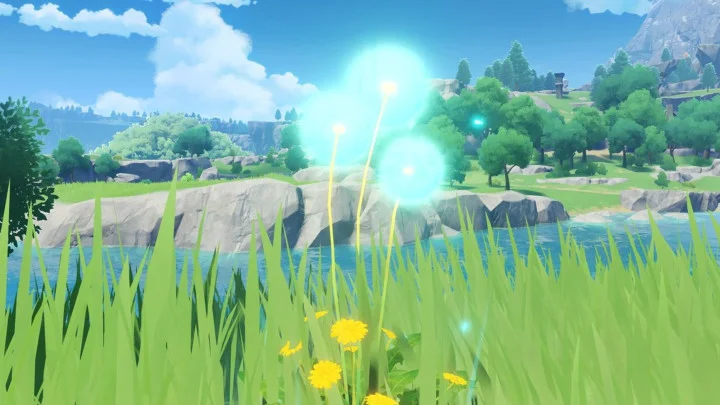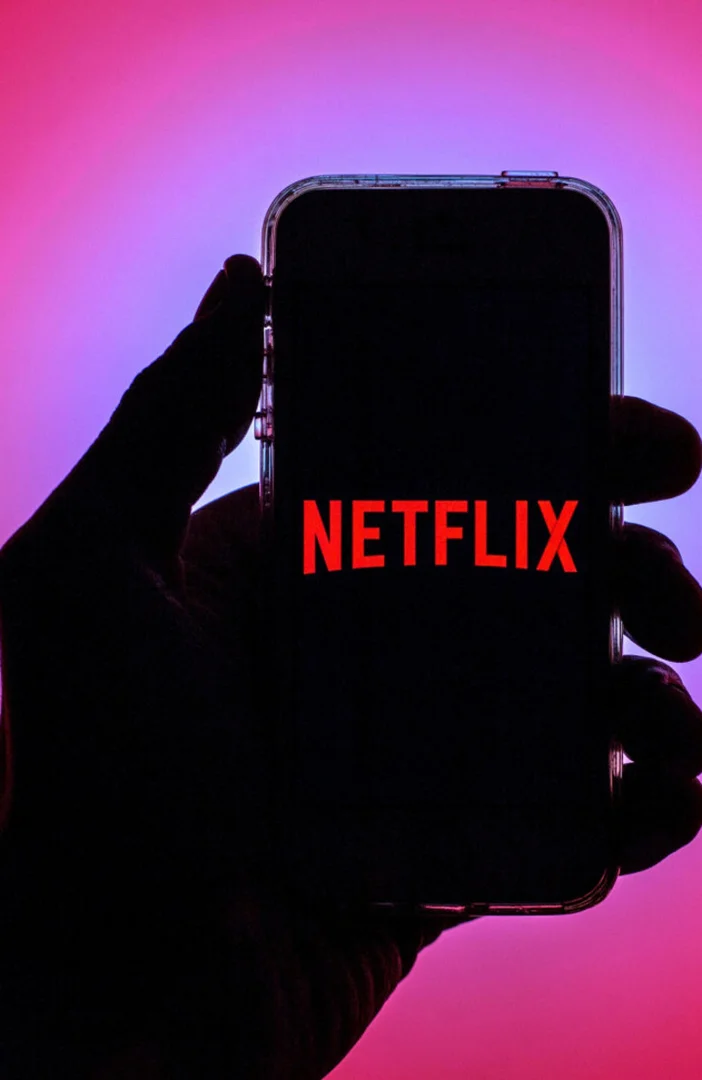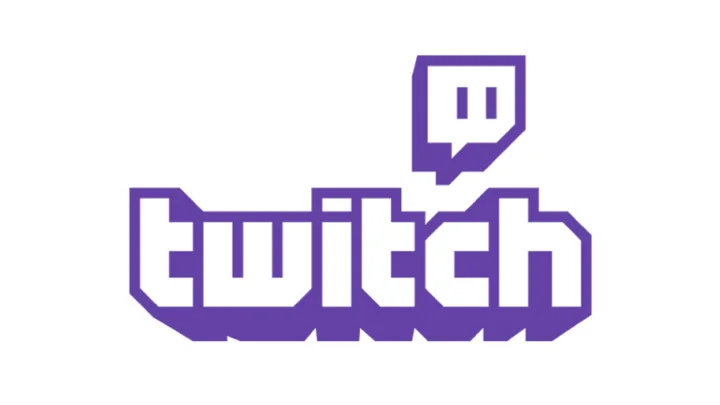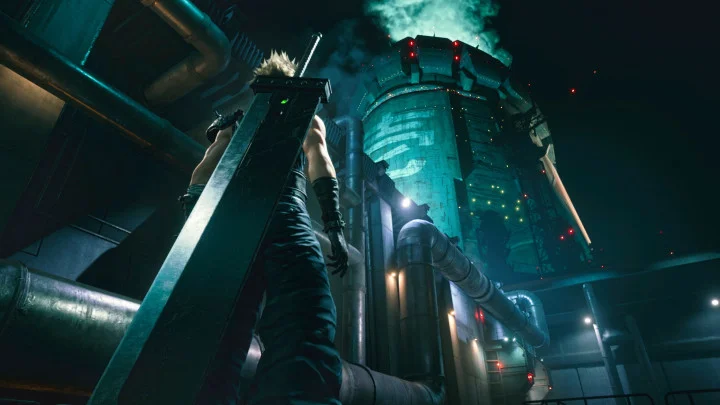To the competitive Smash community, Brawl lacked everything that made its predecessors great. They saw only one way forward: mod Brawl to be more like Melee. It didn't take long for Nintendo to begin cracking down on events that hosted tournaments for the resulting mod, known first as Project Melee, or PM, and ultimately as Project+ (P+). Enter the lean years.
For Project+'s humble beginnings, see Part One here.
“The whole game was kind of just swept under the rug.” — Vicksin
Ryan "Sabre" Weinberg, PMBR member: When events started dropping [Project M] in exchange for support from Nintendo and players stopped talking about it, that was the first time I really realized there's a limit to how big this thing can get before people are going to come after us.
Devin "Reslived" Gajewski, PMBR member: [Broadcaster VideoGameBootCamp] decided no longer to stream PM, patch 3.5 [was released to mixed reception], and then Smash 4 launched on the 3DS. I think all three of those things happened in like a month.
VGBC announced it would no longer stream Project M on Feb. 15, 2015 (but indicated it had “been toning down our Project M coverage in recent months” in its announcement). Patch 3.5 was released Nov. 14, 2014. Super Smash Bros. for Nintendo 3DS was released Sept. 13, 2014.
Reslived: Oh, the community reaction to the VGBC announcement was dire, man. There was a time when Reddit and social media for Smash was very PM-focused. And so [Calvin "GIMR" Lofton, founder of VGBC and Smash @ Xanadu] came out and made this big public announcement like, "Hey, guys, I'm really sorry about this. But I need to think about my own future and my own safety. And therefore, PM needs to stop happening on my channel." And I think in the long term for him, it was the right call. But at that time, it was brutal. Man, we were just getting flamed left and right. I think people still to this day like to meme that GIMR killed PM. I don't think that he was solely responsible for the shift in popularity between the Smash games at the time, but I think that definitely played a big part.
Paul "Motobug" Canavan, P+ community lead: The PMDT shut down in December of 2015. Everyone on the team decided that 3.6 was a good stopping point, and that they would just shut down… But that’s not really the full story. Some of the team leads talked to [Ryan Morrison], the Video Game Attorney, as he's known on Twitter. He was like, "You will be at pretty high legal risk if you keep going. So you shouldn't keep going." And they shut down.
Ryan Morrison, attorney for Project M: Fan games are categorically infringement. They're 100% infringing and they live or die at the whim of the rights holder… There's no fan games that exist without a license that are okay… Some people think that if you don't charge money it's fair use or if it's a mod it's fair use. None of that's true.
Motobug: [Morrison] was probably not correct. I think [the PMDT] would have been fine. P+ just exists and has been fine… In terms of development, we haven't been targeted at all.
Morrison: If you're creating a fan game without permission, you're putting yourself in a lot of risk for very little reward. If it's a passion project, and you understand those risks, and you still want to go ahead with it, that's your prerogative and decision but there's not an attorney on Earth that's gonna think that's a good idea.
Reslived: [Counter-Strike: Global Offensive] came out of a mod. [Dota 2] came out of a mod. Mods have always been around… You're never going to stop people from making these mods and coming up with new flavors of games they love.
Sabre: Nobody outside of the top of the PMDT, not even a lot of the devs knew [the end of development] was coming. … It came out of nowhere. I just saw it on social media and I was like, "Oh my God, is this true?" And it just felt like the floor kind of dropped out from under me. We had no idea it was coming. It was shocking.
Jake "Nezergy" Maldonado, top competitor: That was sad. I don't cry that much. But I think that was the closest I came to crying in like years, up until that point. And that was something that felt like I had lost something, in a way.
Sabre: There’s only two responses you can have when your game has been kicked off of Twitch, every tournament has stopped running it, and your development team shuts down. You can either give up and go home or you can dig in and you can try to make it stick around. And I did the second one. I decided that I liked the game enough. I wanted it to still be there.
Mr. Fabulous, TO: The big draw of Project M at the end of the day is less of the game itself and more the community that is built up around it.
Sabre: In 2016 and 2017, we rebuilt a scene from scratch — no Twitch, no support from big Smash events. We created the first ever competitive international Smash circuit, way before the Smash World Tour or the Panda circuit.
Mr. Fabulous: The golden age was post-3.6, that's when the community really came together. There was more of a unification of the scene — just the PM scene — with majors like Super Nebulous and the Balc series kind of crossing the bridge between East Coast and West Coast, which I think prior to that hadn't really had that much interaction.
Giuseppe "Messi" Messina, TO and commentator: [Olympus] was a Hitbox-sponsored event. At that point, we were the second-largest streaming platform, we were bigger than actually YouTube Gaming, and a lot of people don't realize that… Our thought process was it's going to be good publicity for us regardless, and it's very unlikely that [Nintendo is] going to come through and shut us down… At that point, we had something like 12 or so circuit events that were drawing in a couple thousand viewers per event depending on who was attending.
Sabre: 3.6 was not meant to be the final version of the game, but it was the version that we played for four years. And over those four years, the meta developed further than we had ever thought possible. Some people didn't like the way that it was going — they didn't like the characters that had been identified as top tiers, or they didn't like the way that the game’s balance had ended up, or they just liked patches.
"There's scope creep in every project everywhere." — Reslived
Motobug: [Jose "JFyst" Luis Rosario] posted on Reddit like, "Hey, we should just continue the game. It's been like three years and the meta's getting kinda stale." And then European player and content creator wffln, who is now known as Function, basically got a team together in the comment section of that post. And eventually it all spiraled into this huge project.
Project M 4.0 was posted to Reddit by JFyst on Oct. 31, 2018. wffln posted a link to the Discord server for Project N — "an experimental, community driven modification of Project M" — in the comments the same day.
Rayjay "Ca$ino Wolf" Adger, Legacy TE developer: I have the impression that in a lot of people's stories about the history of the game that Legacy TE is omitted in their minds for whatever reason, that a lot of people just think about how Project M existed until 3.6, then it died, and then four years later, Project+ released. In a lot of people's minds, there’s just a four-year gap where nothing happened and the scene was dead and then Project+ made everything great again. And that's like, totally not what happened. There's a lot of rich history with Legacy TE that made Project+ possible and made it what it is today.
Ca$ino Wolf: At first, P+ had built off of Legacy TE 2.1 and then eventually upgraded to 2.5 [with P+ 2.0].
Nezergy: I was very fine with how the game stood. I didn't think the good characters were egregiously broken to the point where I disagreed with them fundamentally. I didn't like the idea of people playing the game having their inputs [on game design] instated into the game. I thought it was a slippery slope from people changing the stages.
Ca$ino Wolf: At some point it felt like they were two different PMBRs. There was a PMBR that did the tier lists and then there was a PMBR that was making stage changes… They were changing blast zones of stages. They took a vote and they were like, "Oh, that's all we're gonna do. We're not going to touch characters." And then eventually, they started touching characters. It was just funny how it literally was like a domino effect of one thing into the other, where they're like, "Oh, we just want to make the stage changes. Oh, we just want to make these very small character changes. It won't actually affect anything. You can call it a fix. We're not actually changing the character, we're fixing it." Like I said, it's like a domino thing.
Dimitri "Poilu" Poitiers, top competitor: Contrary to the other version of PM, Project+ was community-driven and not driven by the PMDT, the team that was historically behind Project M… A lot of Europe felt left out and not heard when they tried to convince the mostly American developers to take into account the way Europe played and the way they saw the game.
Nezergy: P+ had a lot of devs from the East Coast, and they saw the game a little bit differently.
Sabre: The West Coast was a little bit less on board with Project+, and they were also not very well-represented in those balance discussions. A lot of characters played by people who were good on the West Coast got nerfed and decisions got made without really taking their feedback into consideration. That was frustrating, because we weren't on board with the patch in the first place, and then they went and made changes that kind of directly targeted the people who didn't like the patch in the first place. So it was a bit of a double whammy.
Messi: We're from the Northeast, right? We're very opinionated people. We don't consider a heated conversation an argument, it's just a normal conversation for us. We're not afraid to be like, "Hey, we think this is stupid. It could be done better, fixed, changed, adjusted, whatever." So those voices are gonna be up there a bit more, where I can see someone from another region being like, "Wow, that's bigheaded, why do they think they run the show?"
Poilu: I was very scared for the community to split on this, which kind of happened — in Europe there is a huge player base that's still playing 3.6 because they do not like the new version of the game and they felt like they were all left out.
Nezergy: It was several years after 3.6 was announced to be the final version. I felt like I could have some faith in the idea that like, "Hey, these guys are surrounded by a competitive fighting game, I'm sure that they know what loss aversion is and that whole concept of losing something feeling awful. So I don't think I should be too concerned." And then they nerfed every move [on Nezergy’s main, Mr. Game and Watch] except forward air and back throw. And that felt pretty bad. That did not feel too hot.
Nezergy: It is a net positive for the community getting more eyes on it and stuff like that. And it wouldn't have happened without the development of P+. As for balancing I still disagree with a lot of the changes they've made.
Messi: All you see is 90% of people complaining about certain characters or certain mechanics of the game. And it's like, do you realize this is some unpaid dude working at his house by himself at like 2 a.m. trying to make shit work? This isn't some guy that's got a budget and a salary behind him and a great boss who’s like, "Don't worry about deadlines, just do what you gotta do." That's not how it works.
Motobug: Pretty much everyone knew that 2.0 was coming… People were talking in the P+ Discord about potential changes and feedback from the first version and stuff like that.
Motobug: I think 2.0 came out really well just because of our pretty open communication with a lot of the community and what they wanted out of their characters and so on.
Motobug: A lot of the team was burnt out and ready to just stop [development after P+ 2.0 released]... We did do some bug fix patches… but I think we really started [to say], "Okay, we should probably do balance again" in late 2021… about like a year and two thirds [after 2.0 released], give or take.
Stay tuned for Part 3 of the series, dropping Friday, Sept. 2. Find Part 1 here.
This article was originally published on dbltap as The Floor Fell Out: The Oral History of Project+ Part 2.

